Birth of Margaret Mitchell
On November 8, 1900, future novelist Margaret Munnerlyn Mitchell was born in Atlanta, Georgia. Decades later, she would capture the world’s imagination with her sweeping Civil War epic Gone With the Wind.
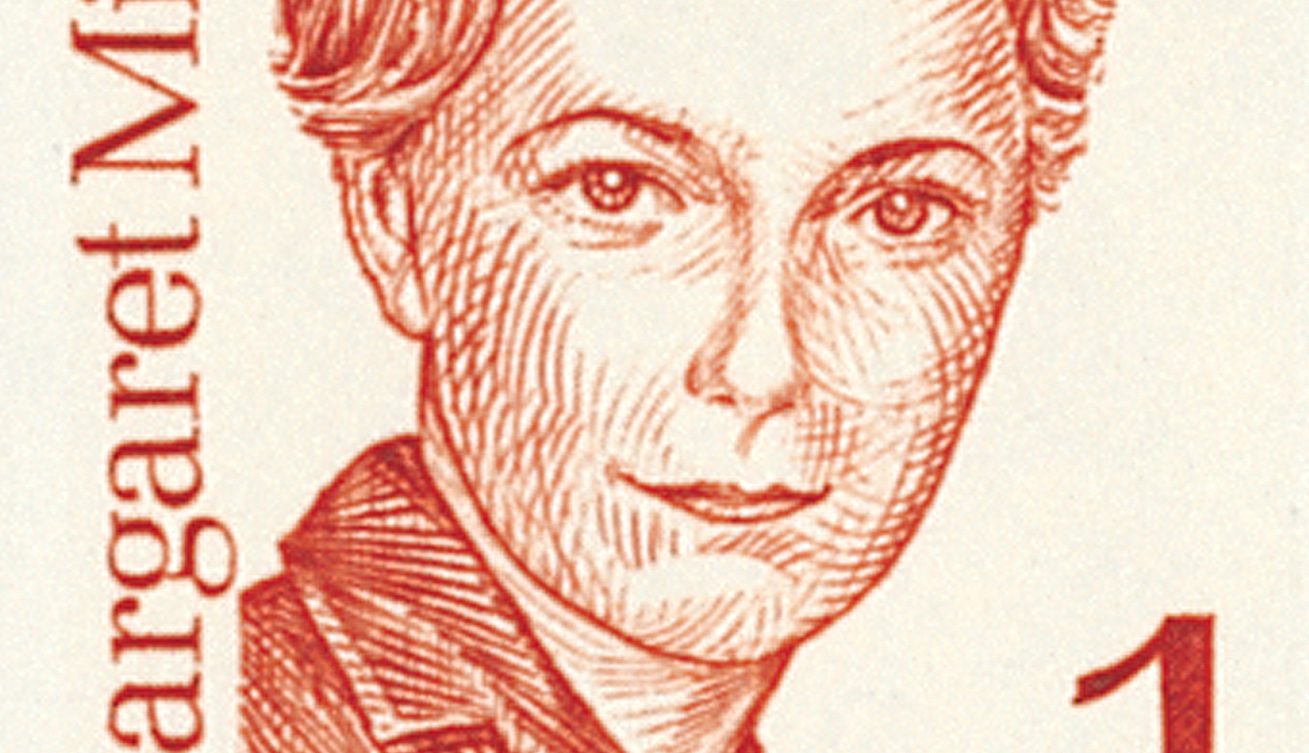
On November 8, 1900, future novelist Margaret Munnerlyn Mitchell was born in Atlanta, Georgia. Decades later, she would capture the world’s imagination with her sweeping Civil War epic Gone With the Wind.

On November 7, 1944, Franklin D. Roosevelt made history as the first—and only—US president elected to a fourth term. His remarkable political career reshaped both the country’s government and its role in the world.
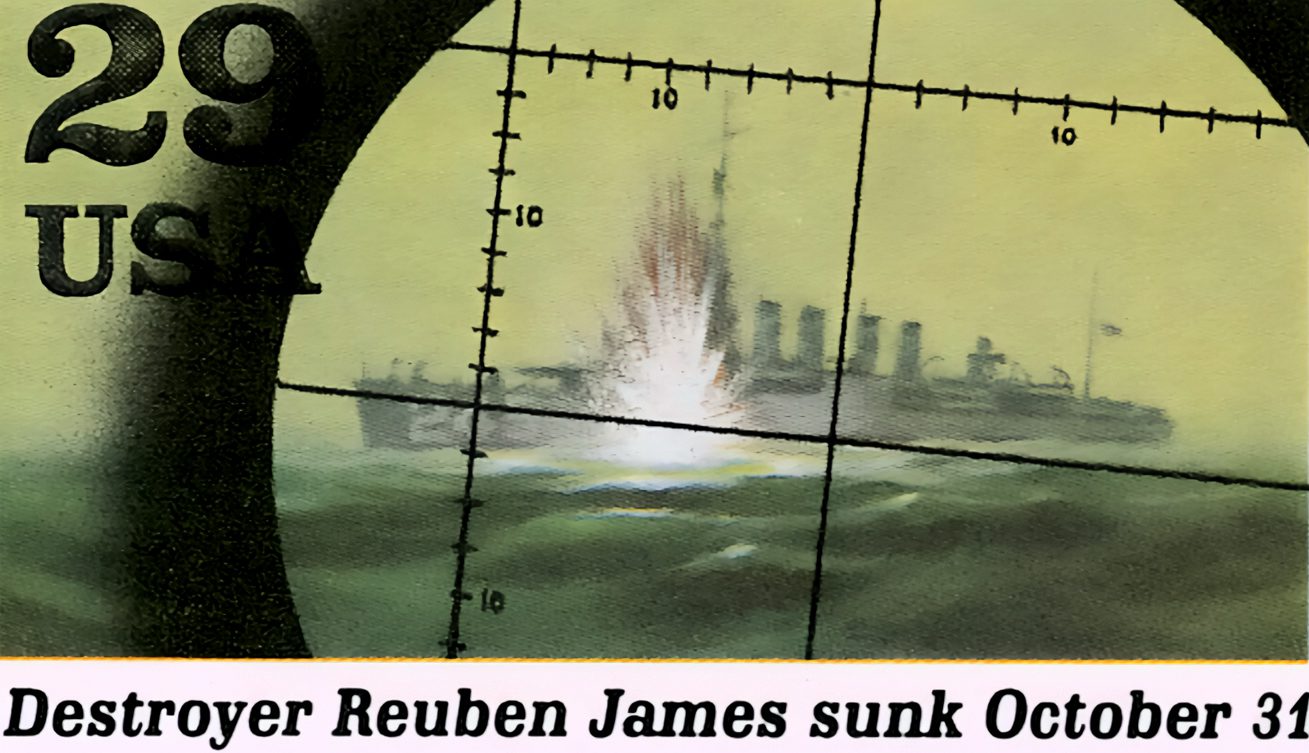
On October 31, 1941, the Atlantic became a battlefield for the United States even before the country had formally entered World War II. The German submarine attack on the USS Reuben James marked the first time an American Navy ship was destroyed during the conflict, foreshadowing the coming fight across the globe.

On October 29, 1921, William “Bill” Mauldin was born in Mountain Park, New Mexico. Before he turned 40, his sharp, honest cartoons of weary GIs had earned him two Pulitzer Prizes — and the lasting respect of those who served.

On October 28, 1942, construction was completed on one of the most ambitious engineering projects of World War II — the 1,700-mile Alaska Highway. What began as a desperate military necessity became one of the great infrastructure achievements of the 20th century, linking Alaska to the continental United States for the first time by land.
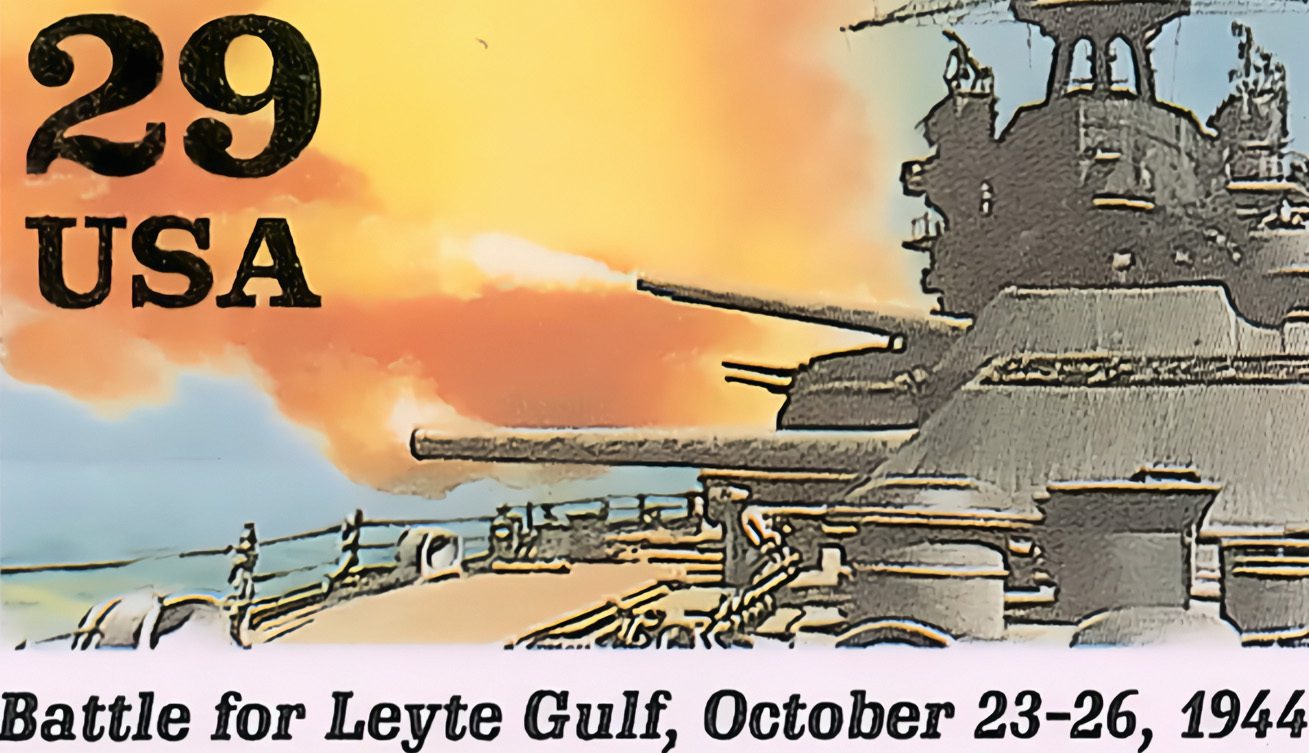
On October 23, 1944, the Japanese Navy launched a massive counterattack against the Allied invasion of the Philippines, beginning the Battle of Leyte Gulf—the largest naval battle in world history and a turning point in the Pacific War. The four-day struggle shattered Japan’s fleet and ended its ability to fight a large-scale naval war.
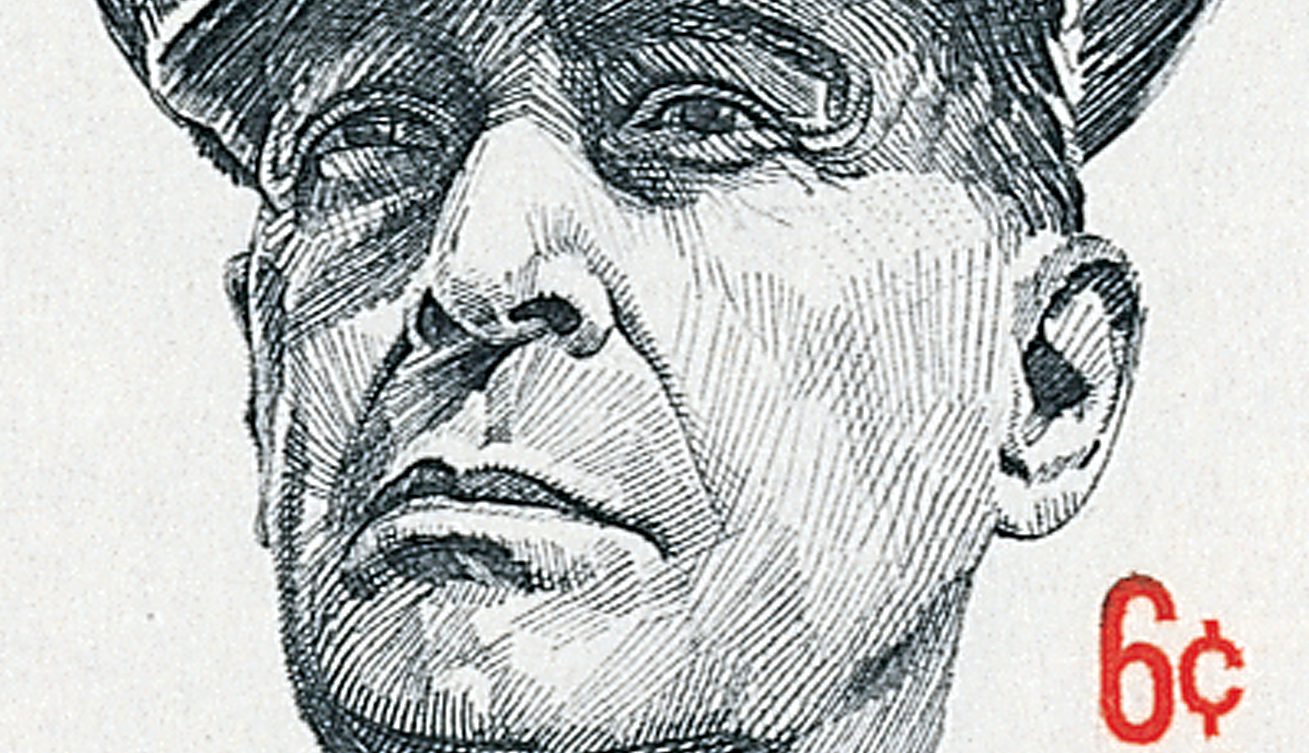
On October 20, 1944, General Douglas MacArthur fulfilled one of the most famous promises of World War II when he waded ashore on the Philippine island of Leyte and declared, “People of the Philippines, I have returned!” This moment marked the beginning of the long-awaited liberation of the Philippines from Japanese occupation and cemented MacArthur’s reputation as a determined and strategic military leader.
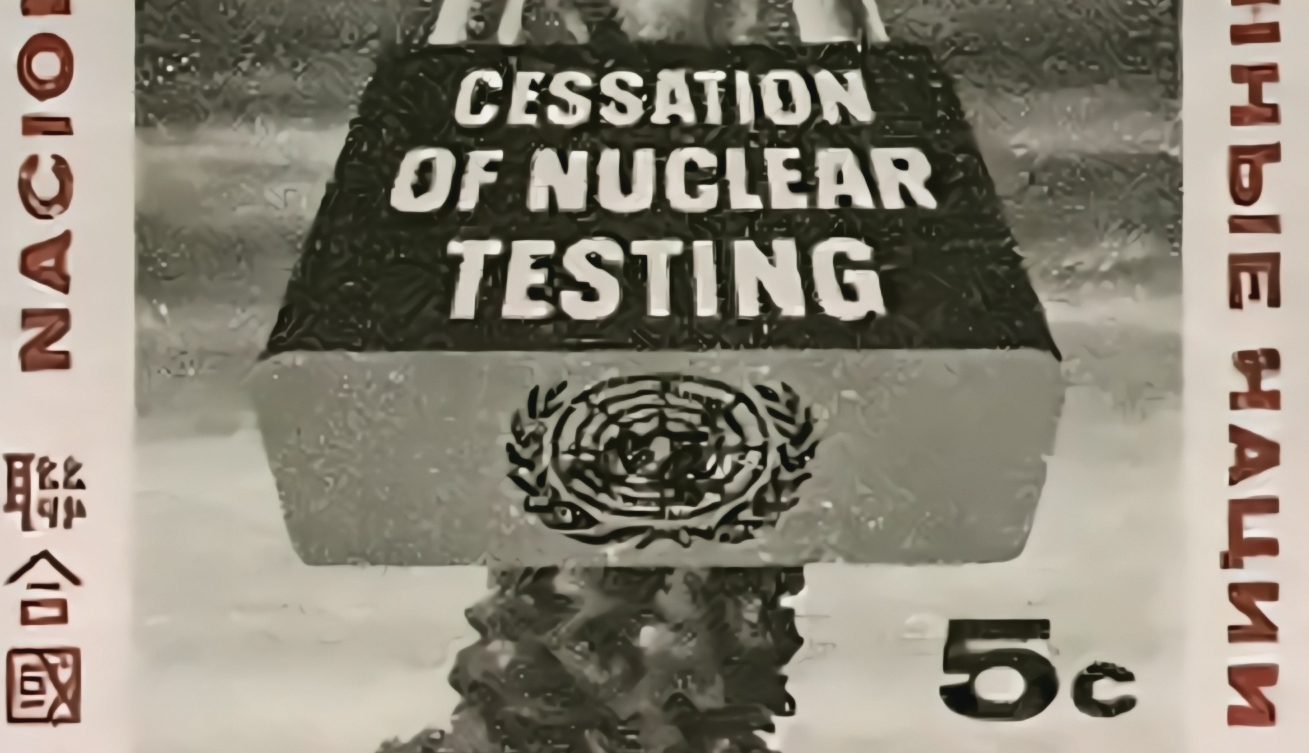
On October 7, 1963, President John F. Kennedy signed the Partial Nuclear Test Ban Treaty with the Soviet Union and United Kingdom. Though it didn’t ban nuclear weapons entirely, the treaty forbid testing in the atmosphere, in space, and underwater.
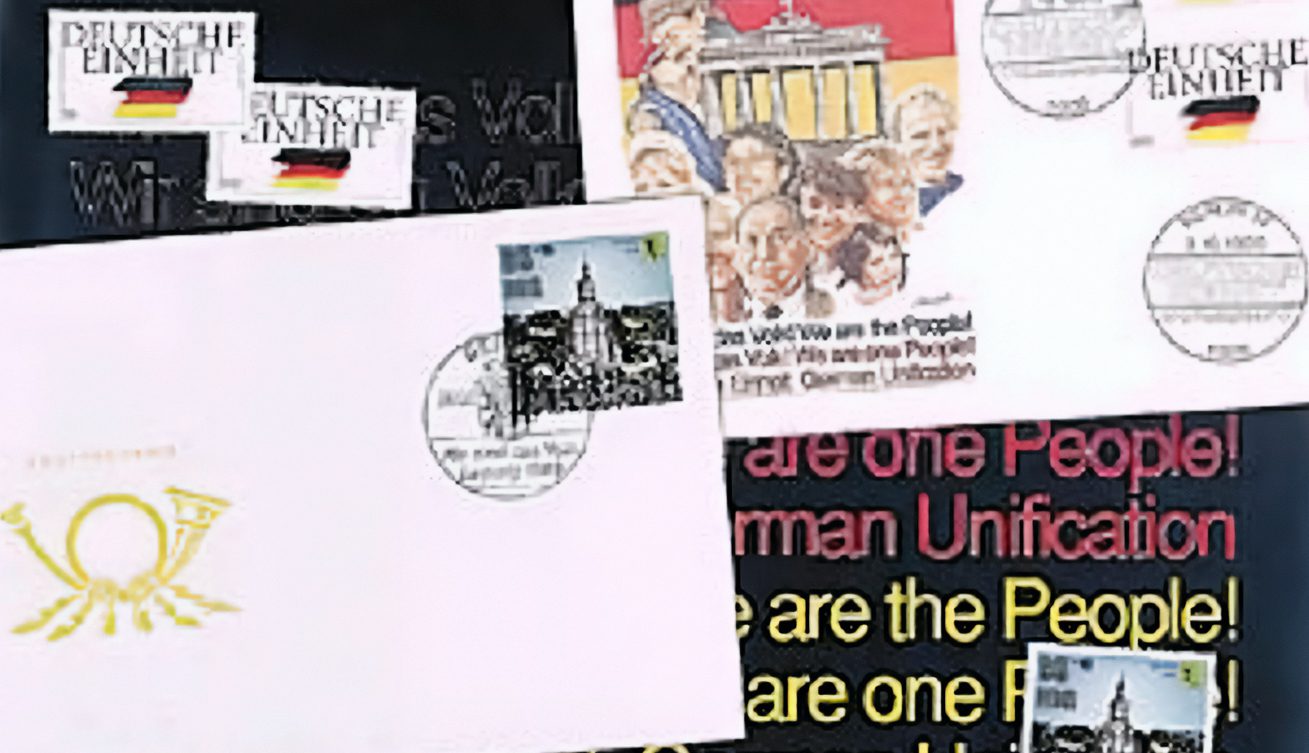
On October 3, 1990, East and West Germany were officially reunited after decades of division. This event marked the end of one of the most striking symbols of the Cold War—the separation of a nation and its people. For Germans, it was not only a political event, but also an emotional and cultural homecoming that reshaped Europe.